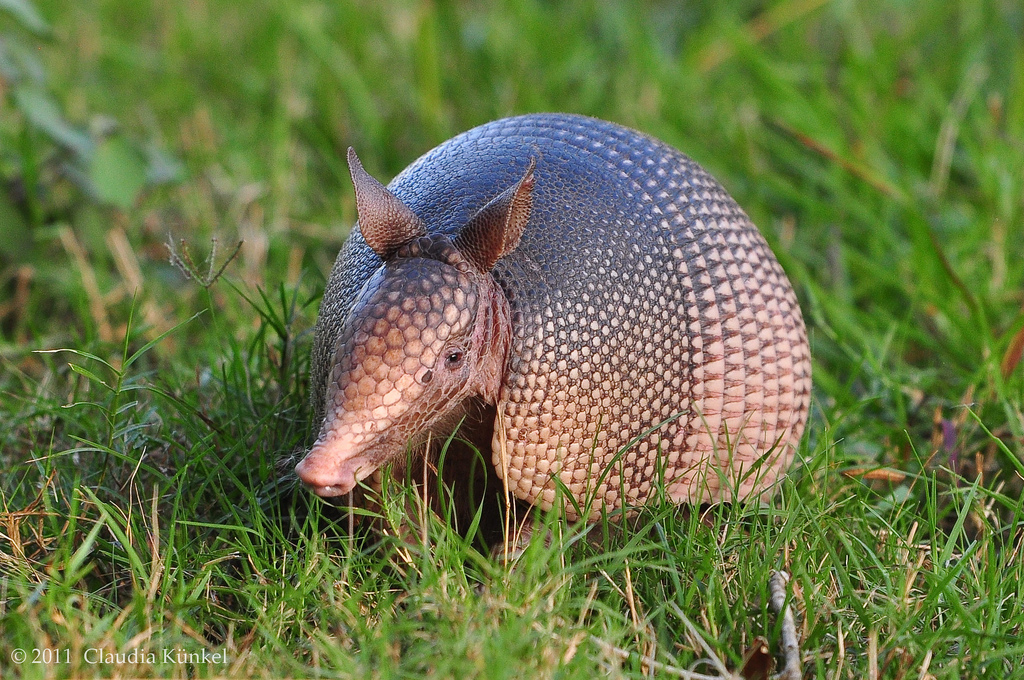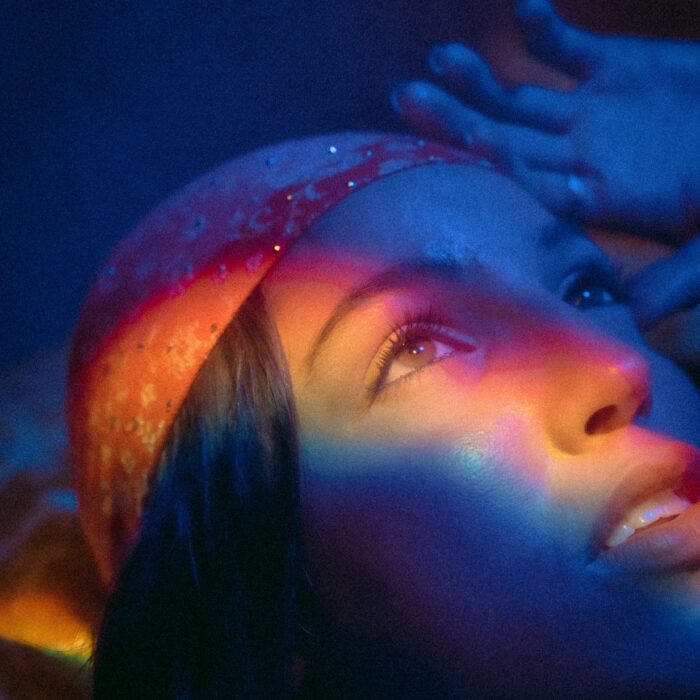You have no items in your cart. Want to get some nice things?
Go shopping
There are three versions of this story.
1.
In the first version, the armadillo arrives because Matt has died. (The armadillo has died, too, of course, but that was a long time ago and is comparatively unimportant.) It is in a smart cardboard box, just over a foot wide. Petra opens the covering letter first; she reads the words “regret” and “decease”, and Matt’s full name – which she has never used – and she gasps and covers her mouth. Then she sits down on a hard-backed dining chair and reads the letter through. After she reaches the end, she realises her hand is still over her mouth, and moves it away.
Petra is alone in the house. Luckily, her husband is out, although it’s not immediately clear why this is lucky. Steve is a kind man with many good points. He has got on fairly well with Matt, on the few occasions they’ve met, but there always seems to be some great unspoken joke in his mind whenever Matt is discussed. If other people are present, Steve feels the need to clarify Matt’s sexual orientation: “He lives in California with his boyfriend Austin,” he will say, or, sometimes, “Matt and Petra were at school together. He’s her GBF,” (a particular favourite; he likes to be asked to explain the acronym). Petra has wondered what further explanations might lie in store. “Matt designs websites, in a homosexual way,” perhaps? “Matt has a lovely flat not far from the beach, in which he likes to have sex with another man”? Maybe Steve is doing his best to be modern (he has reached an age when this has become a worry), or maybe he just wants to obliterate any possibility that Matt might be assumed to be Petra’s ex. It’s all a little irrelevant now.
She dips her hands into the cardboard box and unwinds the bubblewrap from a dark brown object a little like a rugby ball, with thin leather thongs attached at either end. Out it comes, glossy and mysterious, and then suddenly repulsive – it has a head! A snout-like muzzle, with diamante chips for eyes. Its mouth curves in an inappropriate smile. Its clawed feet clutch its rounded belly contentedly. It’s too light for its size; hollow; it has a brass catch in the middle of its stomach which allows you to flip the head back at an unnatural angle (although this hardly makes the creature any more grotesque) to reveal a small rectangular mirror and a plum satin lining. A bag.
Petra turns it over in her hands, running her fingers along the concertina folds at the base. The reptilian skin has a surprisingly pleasant texture, a smooth mosaic of polished scales, although she avoids touching the plump, grasping claws. She opens the lid again. There is a label inside: “HECHO EN MEXICO. Bolsa legitima concha de armadillo.” Petra has never seen an armadillo before, living, dead, or converted into a whimsical accessory, but it seems practically impossible that any animal would really be shaped like this. Surely its legs would never reach the ground? The animal has been reconfigured into a monstrosity. The whole thing is a hideous mistake, except that she can’t take her eyes off it, or her hands. Suddenly, she can see Matt with absolute clarity, lounging sideways with one long-toed bare foot up on his sofa. He is laughing with Austin, doling out his flea-market jokes to all his friends, because making a will in itself is a joke: something his lawyer advised as an add-on when he bought the apartment. He is a property-owner; he has made a will. What could be more absurd?
In the long, dusty evenings after school, she and Matt used to race shopping trolleys in the car park behind Asda. They all used to hang out there – crouching on the kerb, adding to the empty cans and cigarette butts under the bushes – although it’s hard now to remember what they used to laugh about for all those hours. What she does remember are the trolley races. The girls (lighter) sat facing backwards, and the boys jolted them frantically across from the Give Way sign to the finishing line under the trees, again and again. The girls screamed; the trolleys collided with each other, accidentally or deliberately; they skidded over conkers and spun off course; once, Petra’s whole trolley tipped over when it hit a stone, and she crashed backwards onto the tarmac. Matt’s terrified face appeared vertically above her. “It’s OK!” she shouted, scrambling out quickly to prove it. She’d been gripping the sides of the trolley hard enough to stop her head smashing against the ground.
Twenty years later, Petra thinks about this and cries.
By the time Steve comes home, she has tidied up; the bubblewrap is in the bin, the letter and the bag are put away. There are conversations that she doesn’t have the energy for right now.
Five months later, after Petra has resigned from her job, repainted the kitchen, and started a Conversational Spanish course, she hears her husband screaming from the bedroom. He has opened a cardboard box in the back of the wardrobe and found a dead, hollow, malformed armadillo.
2.
In the second version of the story, Petra finds a ragged brown-paper parcel on the futon, three days after her twenty-sixth birthday. Simon must have signed for it. It looks as though it’s already been opened several times: by Customs? by thieves? But it hasn’t been stolen, and when she slides out the present she can see why. It’s the most magnificently repellent object she has ever seen.
The armadillo handbag is much the same as it was in Version One, except that the lining is navy blue and the eyes are made of blue glass, with little black pupils. Petra holds it up to admire it from all angles. How terrible it is! There’s no note in the parcel, and no need for one: Petra only knows one person who lives in Uruguay, and one person who would buy this abomination. It’s going to be hard to beat that one, she thinks: she and Matt have a running birthday-present competition, and what leering gnome, what be-frilled tea-cosy, what “Sounds of the Synth” muzak compilation is going to compete with this? After some thought, she hides it next to the beer cans in the fridge, facing outwards, where Simon is bound to discover it when he gets home. She feels that the element of surprise helps Simon to enjoy these objects even more. “Sounds of the Synth” was flat enough to hide under the duvet on his side of the futon; he did accidentally sit on it and break it, but this couldn’t really be said to lessen its value.
The problems start to surface a week or so later, after the armadillo has taken his rightful place on the Shelf of Shame.
“Sorry,” says Simon.
“Don’t worry,” says Petra. Although she is worried, herself, a little, because this is the third time.
Simon rolls onto his back and there is a pause. Then:
“It’s that fucking armadillo,” he says.
“What?” says Petra. She has not been thinking about armadillos.
“It just looks like it’s watching me. All the time.”
Petra looks over. In the almost-dark, the armadillo’s eyes do have an observant, rather supercilious gleam to them. She moves it into the wardrobe with her other handbags, where it looks entirely out of place, but is safely hidden with the door shut.
The following month, however, Petra is walking carefully up a flight of stairs at Leicester Square Tube station at one o’clock in the morning, holding Simon’s arm with one hand and the shoulder-strap of the armadillo handbag with the other. This is the first time any of Matt’s presents have ever been used for their intended purpose, but Petra had a moment of inspiration in front of her mirror a few hours ago in which she realised that the armadillo would make the perfect accessory for this outfit, this club, this group of friends. She feels fierce. Perhaps she has got too used to seeing the armadillo mixed in with all her other bags. It’s not that it’s started to look normal; it’s more that it makes all the other bags look too normal.
But at the top of the stairs, just as she is congratulating her reflection in a shop window, a woman coming the other way shoves deliberately against her. Not to steal the handbag (Petra’s first thought, and the reason she grips tightly onto the strap), but out of pure aggression. This woman is about Petra’s age and size, is managing on heels of a similar height, and has probably drunk roughly the same amount. These factors are important for Petra, because the woman has got hold of her arm and is trying to pull her over.
“Fucking bitch,” says the woman. Her blue eyes glare out of a thicket of mascara. “How can you wear that thing? Poor fucking thing.” She yanks at the shoulder strap, and at the lapel of Petra’s fake-zebra coat (another courageous fashion choice). “You selfish bitch. You don’t give a shit about the poor animals who DIED TO MAKE YOUR CLOTHES!”
Simon’s arm is coming over her shoulder to block the woman, but Petra steps away from both of them. She is breathing heavily. She looks at the woman but not at Simon. The strap is off her shoulder now and in her hand, where it feels heavier: the bag is fully loaded with coins and keys and phone and three hundred and fifty millilitres of apple schnapps. The bag is perfect, on its long strap, and it arcs perfectly through the air to crack full-force into the woman’s head, no, hands, she was too quick, but Petra can swing it round again and into her shoulder (yes!), and then one last hefty sideways whack with the armadillo (the bag is perfect!) before the woman backs away and Simon hustles Petra off down the street outside. He is stumbling with laughter, and so, after a moment, is Petra.
3.
There are no handbags in the third version, except for a small silver beaded pouch which is hanging from Petra’s wrist. It swings from side to side in the dark as she rests her hand on the wound-down car window (because this car has no air conditioning; also no rear seatbelts, no front left indicator light, and only half a wing mirror. Hard to say about the brakes yet, because Edgar hasn’t been using them on this journey.) Petra would not have got into this car if she hadn’t spent the previous five hours drinking a variety of cocktails based around industrial ethanol. The car is bouncing and frisking over the desert stones in a way which she finds less and less exhilarating. They are on the right-hand side of the road, which feels like the wrong side, she thinks; everything is on the wrong side; not that it matters. Theirs is practically the only car on the road.
“We should have got a taxi,” she whispers to Matt, who is jammed up close to her in the back seat with two Australian girls on his other side. Luckily they are all young and narrow.
“Yeah, but the taxis are even worse. And the taxi drivers are going to be at least as drunk as Edgar.” He passes the joint left, to the first Australian girl. “And they might rob us.” This is true. They are now in that part of the world where anything might happen; an idea which is also becoming less and less exhilarating. She tightens her grip on the car window.
Matt takes her other hand and holds it, giving almost everyone in the car the wrong impression. The first Australian girl is disappointed, as is Edgar in the rear-view mirror, although he will be enlightened in a whitewashed posada room next to a mosquito coil less than an hour later. But for a moment, back there in the car, Petra sees through their eyes and relaxes into the role they give her: Matt’s girlfriend. This is a bad country for being a single girl traveller, and an even worse country for being gay. On the other hand, it’s a really, really good country for being Matt’s girlfriend.
And then the car hits something. There is a bigger, softer jolt than before, and a crunching sound. Edgar snatches his eyes away from Matt’s reflection and smashes down on the brakes – which do work, more or less – and the car slurs diagonally across the road and stops.
The Australian girls scramble out. One hops and swears (the joint fell on her foot). After a moment, Petra slips her own shoes on and opens her door, and she and Matt climb out too. Edgar and Ramon, in the front seats, make no effort to move; Ramon, in fact, appears to be still asleep.
“Is no problem,” says Edgar. “Is animal. Armadillo.” Petra spells out the sounds, with a slight ethanol time-lag.
“An armadillo?” she asks, pointlessly. Edgar nods. He has retrieved the joint from the floor of the car.
The tail-lights of the car are just enough to make out a preposterous shape on the ground. Petra isn’t sure how closely she wants to look – the sound of the impact has reminded her of squashing cockroaches, a new skill she has learnt over the past few weeks – but she walks over anyway, behind Matt. Without the noise of the car engine, the desert feels much larger: a silent ocean.
This is cartoon roadkill, almost comical: no visible blood, no mangled limbs; just a shell flattened out into a tortoise-shape, with a mouse-like head and a pointed tail. There is nothing very moving about it; nothing pathetic about its undignified position or the empty expression on its alien face, no reason for Petra to start sobbing hysterically as she stares at it. Behind them, a car door slams and Edgar has already started the engine. Matt puts his arms around her as Petra closes her eyes.
4.
In the fourth version – the one that didn’t happen – the armadillo is eating ants under a creosote bush, undisturbed.

About Emma Mascarenhas
Emma Mascarenhas's work has appeared in Lighten Up Online and was shortlisted for the 2014 Swift Satire Festival. She lives in Croydon and has never met an armadillo.



